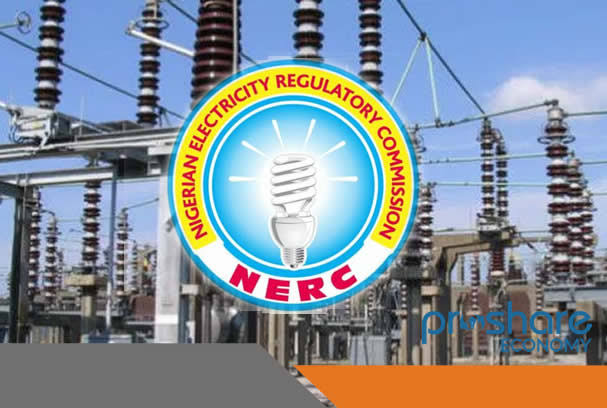The Nigerian electricity distribution landscape in February 2025 revealed a complex interplay of financial performance, operational efficiency, and customer engagement. While the overall revenue collection showed improvement, significant challenges persisted, particularly in the realm of cost recovery and metering. The Nigerian Electricity Regulatory Commission (NERC) reported that electricity consumers owed distribution companies (Discos) a substantial N54 billion for power consumed during the month. This outstanding debt underscores the ongoing struggle to achieve full cost recovery within the sector.
Despite the substantial debt, Discos demonstrated some progress in revenue collection. Out of a total billing of N245.93 billion, the twelve Discos successfully recovered N191.75 billion. This represents a collection efficiency of 77.9%, a notable 6.56% increase compared to January 2025. While this improvement is encouraging, the substantial outstanding debt highlights the need for continued efforts to improve billing and collection processes. The disparity between the allowed average tariff of N116.18 per kilowatt-hour (kWh) and the actual average collection of N88.21/kWh further emphasizes the revenue recovery challenge. Though this recovery efficiency of 75.9% is 10.5% higher than January’s figure, it still leaves a considerable gap.
Operational efficiency also presented a mixed picture. While the total energy received was 2,583.19 gigawatt-hours (GWh), only 2,137 GWh was ultimately billed, representing a billing efficiency of 82.73%. This figure, though showing a slight improvement of 1.81% month-on-month, indicates potential losses in the system. The variation in performance across different Discos further complicates the analysis. Aba Power, with the highest allowed tariff of N200.88/kWh, achieved the lowest collection efficiency at 53.90%, recovering only N3.47 billion out of N6.44 billion billed. In contrast, Abuja Disco boasted the highest collection efficiency of 89.03%, recovering N31.7 billion out of N35.67 billion billed, closely followed by Eko Disco with 88.76% efficiency.
These contrasting performances highlight the diverse operational realities and challenges faced by individual Discos. While Abuja and Eko Discos demonstrated strong collection capabilities, others, like Aba Power, struggled significantly. This variance likely reflects differences in management practices, customer demographics, and the effectiveness of loss reduction strategies. It underscores the need for tailored interventions and performance improvement plans specific to each Disco’s operational context.
The issue of metering continues to be a major impediment to efficient revenue collection. With over seven million unmetered customers, disputes over estimated billings remain a persistent source of friction between Discos and consumers. Estimated billing often fails to accurately reflect actual consumption, leading to customer dissatisfaction and resistance to payment. This lack of transparency further erodes trust in the system and hinders efforts to improve cost recovery. The regulator’s recent sanctioning of eight Discos for overbilling their customers emphasizes the seriousness of this issue and the need for greater regulatory oversight. The move towards metering all customers is crucial for enhancing transparency, building trust, and ultimately improving revenue collection.
In contrast to the challenges faced by traditional Discos, mini-grid operators are reportedly achieving significantly higher collection efficiencies, exceeding 95%. This success is attributed to comprehensive metering, which provides greater transparency and accountability in billing. The experience of mini-grids demonstrates the critical role of metering in enabling accurate billing and promoting customer willingness to pay. Their success serves as a compelling case study for the wider adoption of metering across the entire electricity distribution network. The Rural Electrification Agency’s highlighting of these mini-grid successes points towards a potential pathway for improving revenue collection in the broader electricity sector. By prioritizing metering and adopting best practices from successful mini-grid operators, Discos can strive to achieve similar levels of collection efficiency, thereby improving the financial sustainability of the sector.


